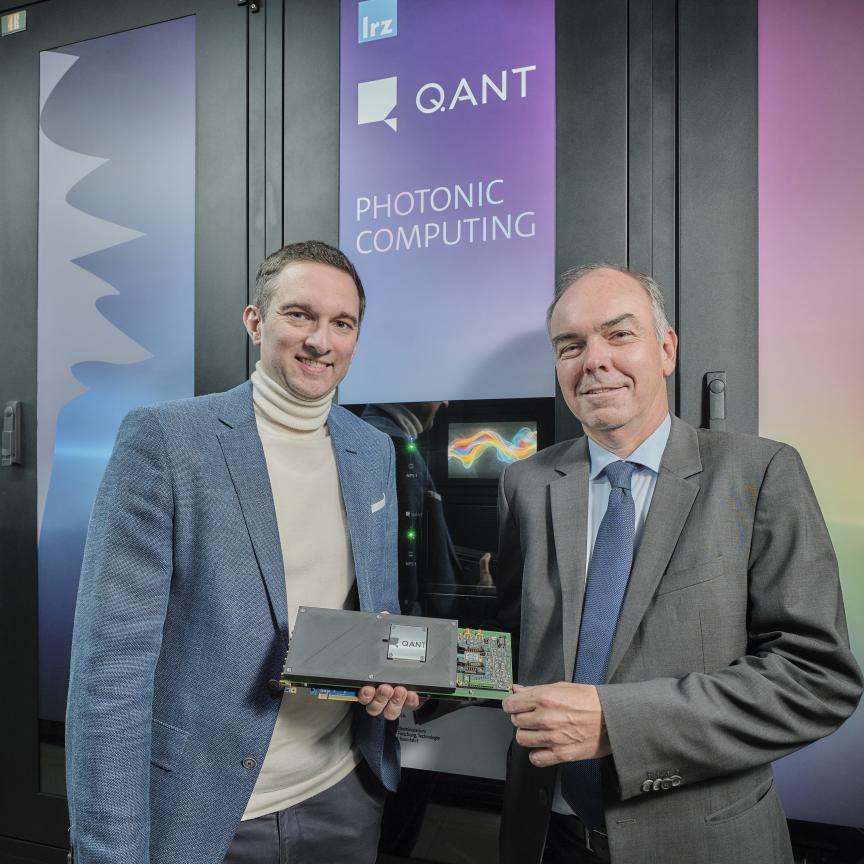After the harsh market conditions of the last few years, investment in new markets and products was foremost on the minds of the Executive Panel Discussion speakers at this year’s Photonex.
‘We have opened an office in China, we saw 28 per cent growth there in 2010 and a large volume of that has been spectrometers,’ Ocean Optics’ business development manager Dr Nick Barnett told the audience.
Held on Wednesday 19 October, the Executive Panel addressed the topic: 'Better prepared? Photonics faces the future with confidence'. As well as Barnett, the other speakers were Dr Robin Huang, a co-founder of TeraDiode; Robert Yeo, a founding partner in Pro-Lite Technology; Fiona Evans, business development manager at Qiopti;q and Dilas’ Diodenlaser marketing and worldwide sales head, Dr Jörg Neukem. The latter agreed with Barnett about China’s potential: ‘[China] has a strong growth rate, but it's starting from a low base.’ But Neukem also emphasised his company’s decision to use the recession as an opportunity to invest at home. ‘We even started expansion of our manufacturing site in Germany in 2008. Today we have run out of space.’
Beyond new markets and investment at home, the panel agreed that for photonics, innovative technology products were the only way forward. The supermarkets’ maxim of ‘pile it high, sell it cheap’ was not an option. Qioptiq’s Evans said: ‘We need new products for new markets like molecular diagnostics, which is expected to have growth rates of 15 per cent per year until 2015.’ Molecular diagnostics needs photonics to detect individual cells in microfluidic channels.
One of the more recent products to be launched by those represented on the panel was Teradiode's direct diode laser. Teradiode is a start-up that began in 2009. Huang’s company is developing direct diode lasers that have a brightness as high as CO©ü or fibre lasers. ‘We see a lot of need for replacement of current technology [in the defence market] including solid state laser with much more efficient direct diode lasers,’ says Huang. The whole panel saw the military as a large market that could be expected to provide orders even if other sectors continued to suffer low demand.
Not a new product, but one expected to have strong demand, is the LED light and its use as a replacement for the household incandescent light bulbs. Yeo said: ‘Over the next seven to eight years there will be no plateau in sales of LEDs. The LED cost model is compelling’. According to Yeo this is because LEDs last much longer and consume much less energy than light bulbs, and so over the life cycle LEDs are much cheaper.
With the wider world economy stuttering and the clouds of recession still on the horizon, the idea of acquisition becoming increasingly frequent in the photonics market was raised. Neukem explained that Dilas had been bought three years after it started in 1994 and Huang would not rule out Teradiode being taken over. For Barnett a recession was an opportunity for growth by acquisition. He said: ‘A downturn in the economy is a good time to go looking for companies.’ Evans agreed and explained that her company had also 'been acquiring companies'.
Chaired by Electro Optics' editor-in-chief Dr Tom Wilkie, the Executive Panel Discussion took place at Photonex, the UK’s photonics conference and exhibition that was held from 18-19 October and located this year at the Ricoh Arena in Coventry.

